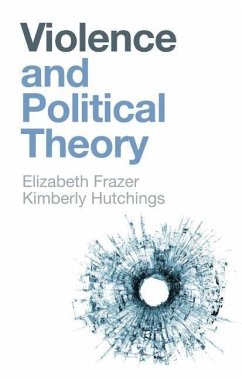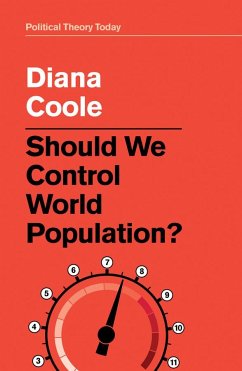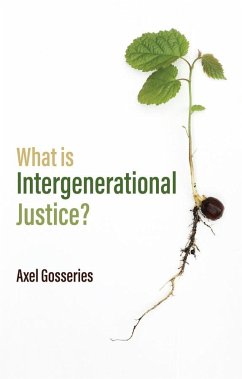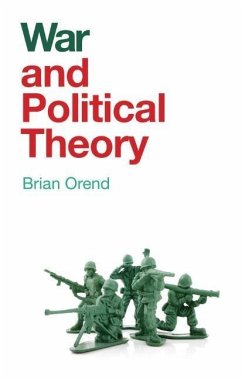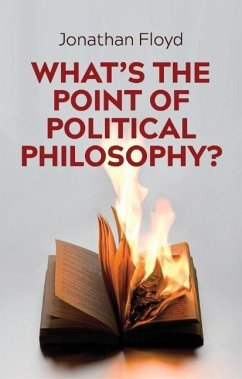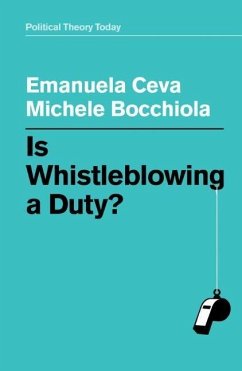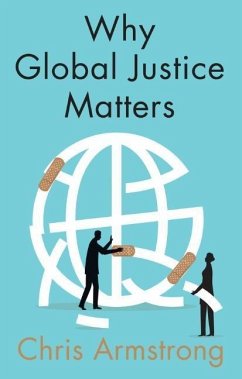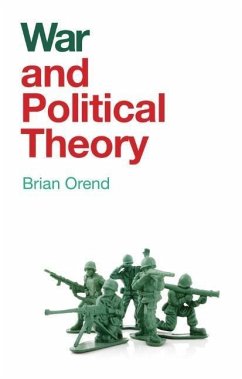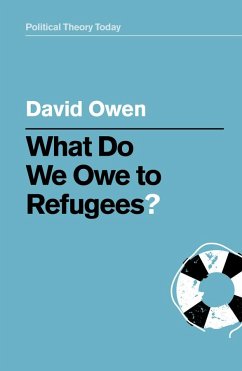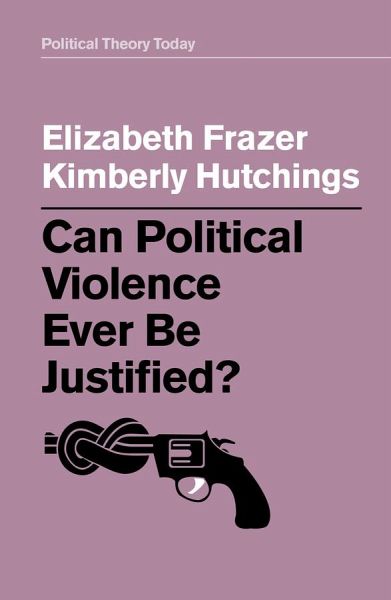
Can Political Violence Ever Be Justified?
Versandkostenfrei!
Versandfertig in 2-4 Wochen
25,99 €
inkl. MwSt.
Weitere Ausgaben:

PAYBACK Punkte
13 °P sammeln!
Violence - from state coercion to wars and revolutions - remains an enduring global reality. But whereas it is often believed that the point of constitutional politics is to make violence unnecessary, others argue that it is an unavoidable element of politics.In this lucid and erudite book, Elizabeth Frazer and Kimberly Hutchings address these issues using vivid contemporary and historic examples. They carefully explore the strategies that have been deployed to condone violence, either as means to certain ends or as an inherent facet of politics. Examining the complex questions raised by diffe...
Violence - from state coercion to wars and revolutions - remains an enduring global reality. But whereas it is often believed that the point of constitutional politics is to make violence unnecessary, others argue that it is an unavoidable element of politics.
In this lucid and erudite book, Elizabeth Frazer and Kimberly Hutchings address these issues using vivid contemporary and historic examples. They carefully explore the strategies that have been deployed to condone violence, either as means to certain ends or as an inherent facet of politics. Examining the complex questions raised by different types of violence, they conclude that, ultimately, all attempts to justify political violence fail.
This book will be essential introductory reading for students and scholars of the ethics and politics of political violence.
In this lucid and erudite book, Elizabeth Frazer and Kimberly Hutchings address these issues using vivid contemporary and historic examples. They carefully explore the strategies that have been deployed to condone violence, either as means to certain ends or as an inherent facet of politics. Examining the complex questions raised by different types of violence, they conclude that, ultimately, all attempts to justify political violence fail.
This book will be essential introductory reading for students and scholars of the ethics and politics of political violence.





